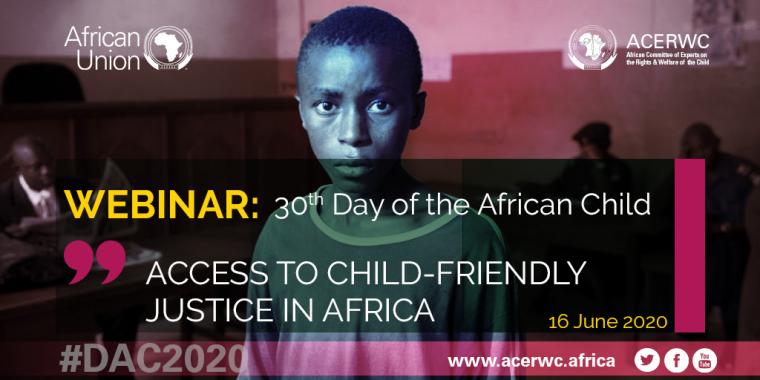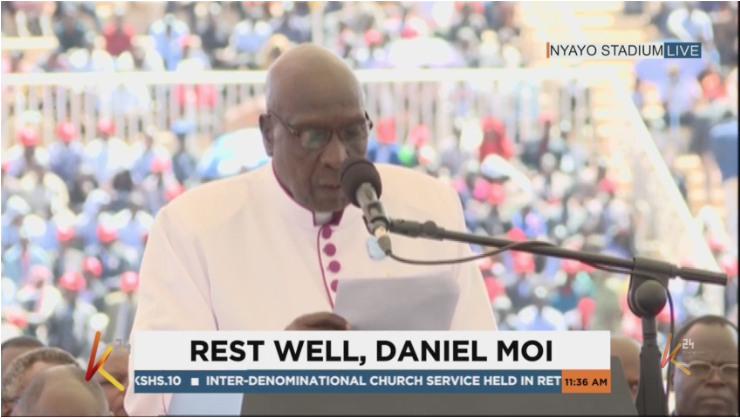
Friday announcement follows years of negotiation between the nations
Germany officially apologises for Namibia genocide during colonial-era
Germany has officially acknowledged that it committed genocide during its colonial-era occupation of Namibia and has agreed to pay financial support.
German colonisers killed tens of thousands of Herero and Nama people there in early 20th century massacres.
Foreign Minister Heiko Maas on Friday acknowledged the killings as genocide.
“In light of Germany’s historical and moral responsibility, we will ask Namibia and the descendants of the victims for forgiveness,” he said.
Mr Maas added that Germany would, in a “gesture to recognise the immense suffering inflicted on the victims”, support the country’s development through a programme worth more than 1.1 billion euros (£940m; $1.34bn).
The agreement will reportedly see funding paid over 30 years through spending on infrastructure, healthcare and training programmes benefiting the impacted communities.
But some traditional leaders have so far refused to endorse the deal, the state-owned New Era newspaper reported.
Friday’s statement came after five years of negotiations with Namibia – which was under German occupation from 1884 to 1915.
Then known as German South West Africa, the atrocities committed there have been described by historians as “the forgotten genocide” of the early 20th Century.
The UN defines genocide as a number of acts, including killing, committed with the intent to destroy, in whole or in part, a national, ethnic, racial or religious group.
Skulls of victims were sent back to Germany for eugenics research
The killings began in 1904 after a Herero and Nama rebellion over German seizures of their land and cattle.
The head of the military administration there, Lothar von Trotha, issued an extermination order and the Herero and Nama were forced into the desert.
Any who were found trying to return to their land were either killed or put into concentration camps. There is no agreed figure of how many died but the death toll was in the tens of thousands – decimating the populations of the indigenous groups.
Namibia gained independence in 1990 after decades of rule by South Africa after WW1
The atrocities have long-plagued relations between Germany and Namibia, with years of negotiation between their governments on how to reconcile the legacy of the genocide.
In 2018 Germany handed back some human remains which had been used as part of now-discredited research to prove the racial superiority of white Europeans.
Foreign Minister Maas said the negotiations had aimed to find “a common path to genuine reconciliation in memory of the victims” with members of the Herero and Nama communities closely involved in talks.
“We will now officially refer to these events as what they are from today’s perspective: genocide,” he said in Friday’s statement.
Vekuii Rukoro, a Herero paramount chief who tried to sue Germany for compensation in US court, has said the deal is not enough to cover the “irreversible harm” suffered at the hands of colonial forces.
“We have a problem with that kind of an agreement, which we feel constitutes a complete sell-out on the part of the Namibian government,” he told the Reuters news agency.
German media reports say a declaration is expected to be signed by the German Foreign Minister in the Namibian capital, Windhoek, next month before being ratified by each country’s respective parliaments.
President Frank-Walter Steinmeier is then expected to travel to the country to officially apologise in person.




Recent Comments